During the war in the late 1960s, our troops were being systematically picked off by enemy sniper fire.
The Viet Cong were exceptional guerrilla fighters and used sniping tactics to disrupt troops.
Our guys didnt have the equipment nor the training to adequately fight back at that time.
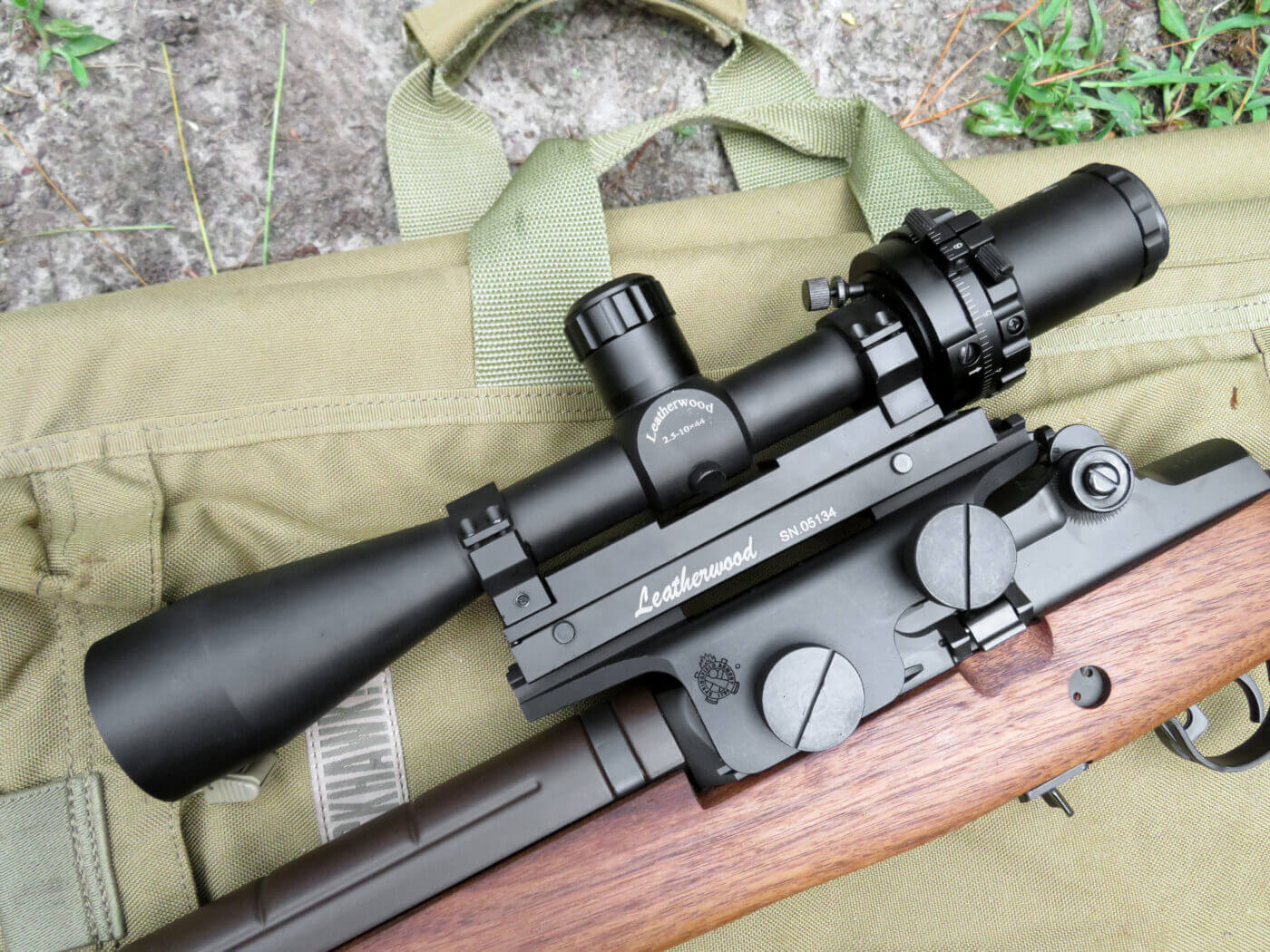
As a result, there was a real need not only for sniper rifles but trained snipers.
Leatherwood had patented a design for a ranging scope called the Automatic Ranging Telescope, or ART.
The ART scope is perhaps the easiest-to-use sniper scope ever devised.

The M14 proved to be quite capable as a sniper rifle when paired with the Leatherwood ART scope.
It was accurate and reliable, and provided a fast follow-up shot.
The XM21 equipped with the ART scope had a dramatic effect on the average grunts marksmanship at distance.
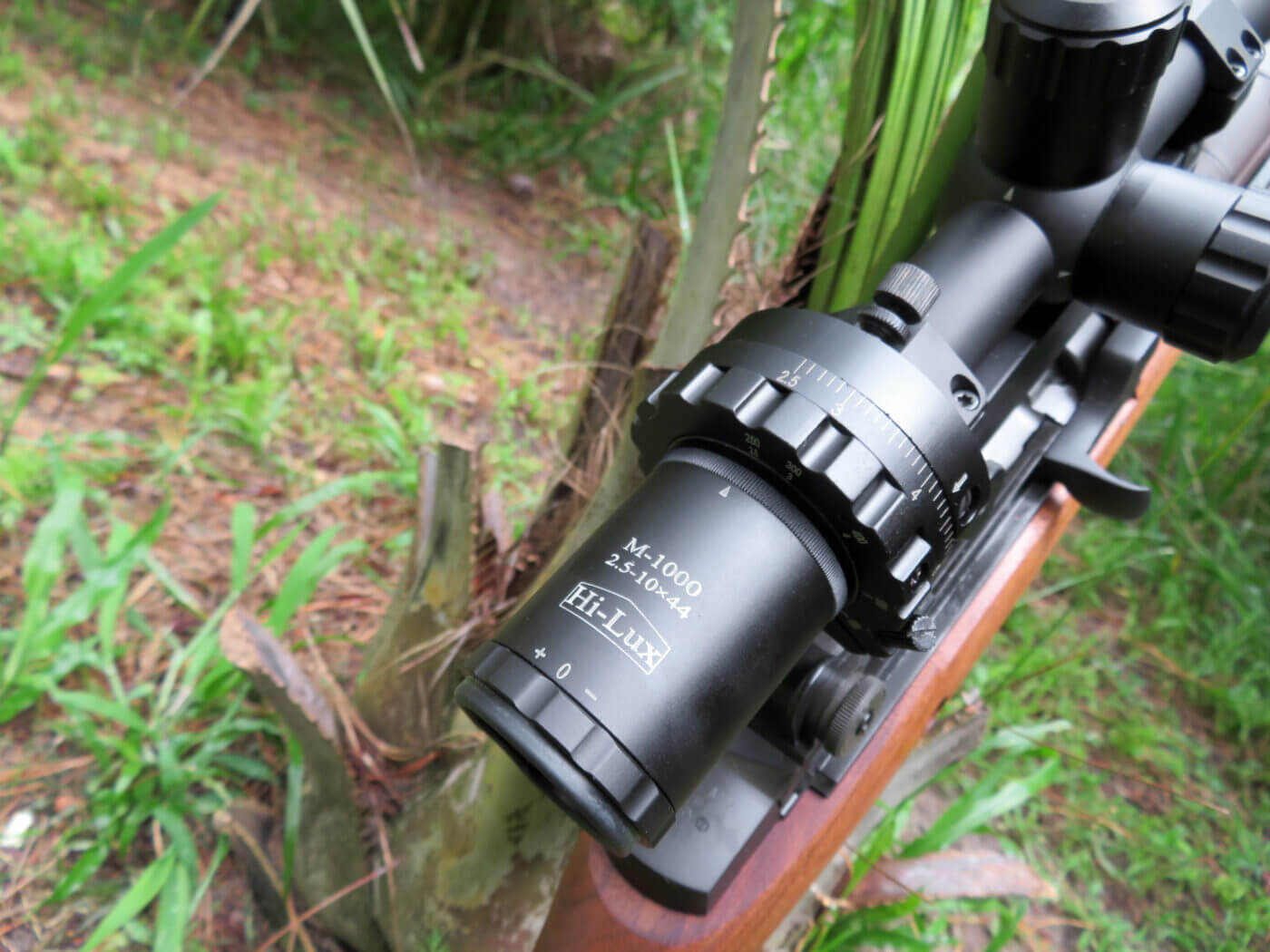
All the shooter does is aim at the target with a dead-on without a hold-over.
The ART took out all the hold-over guess work.
The only guess work required was to compensate for the wind.
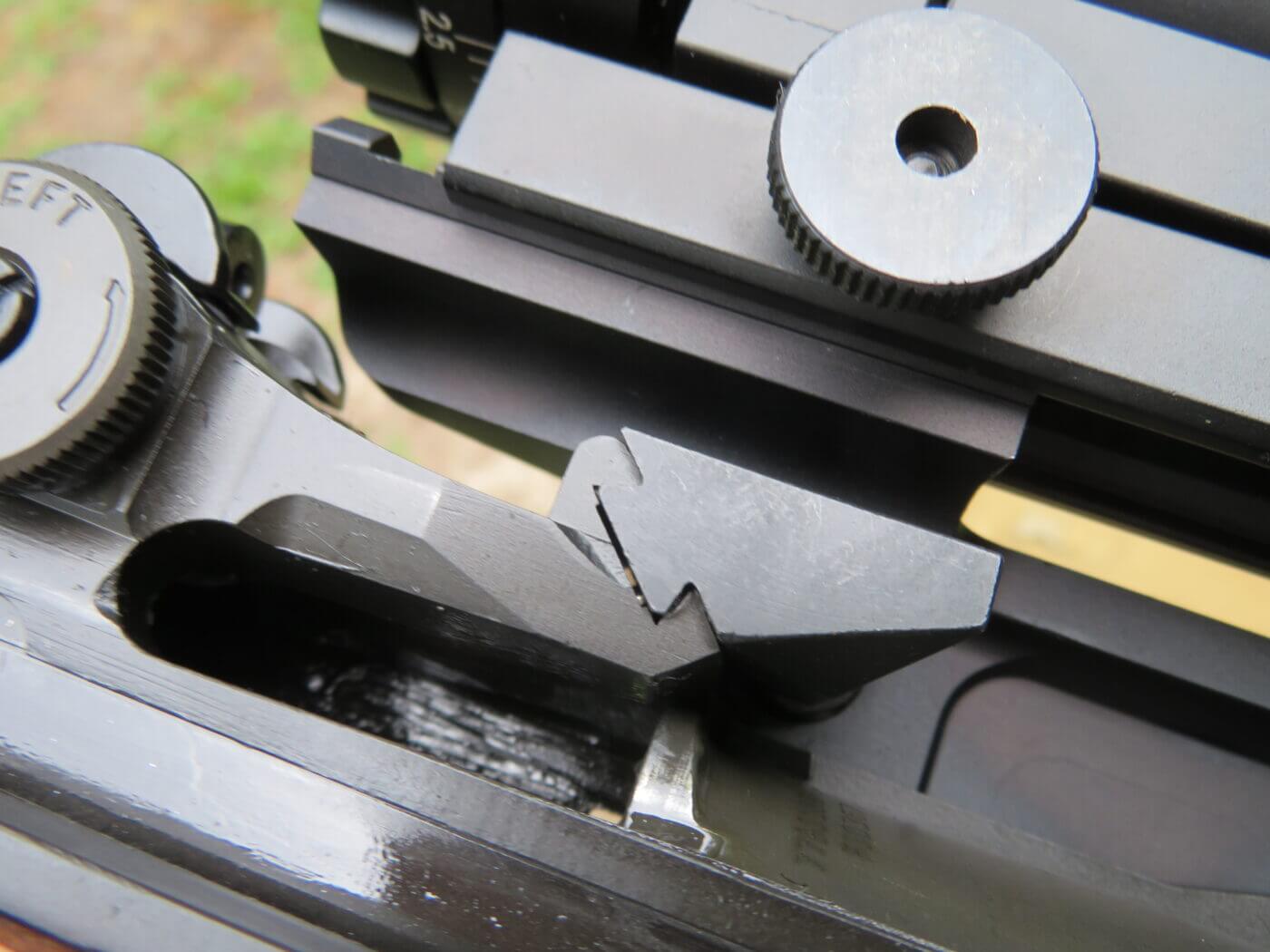
U.S. Army sniper Sergeant Adelbert Waldron used an XM21 and had 109 confirmed kills during the Vietnam War.
This record stood until Chris Kyle broken it with 150 confirmed kills during the Iraq War.
Disregarding his own safety, Waldron engaged the enemy for over three hours before his position was detected.
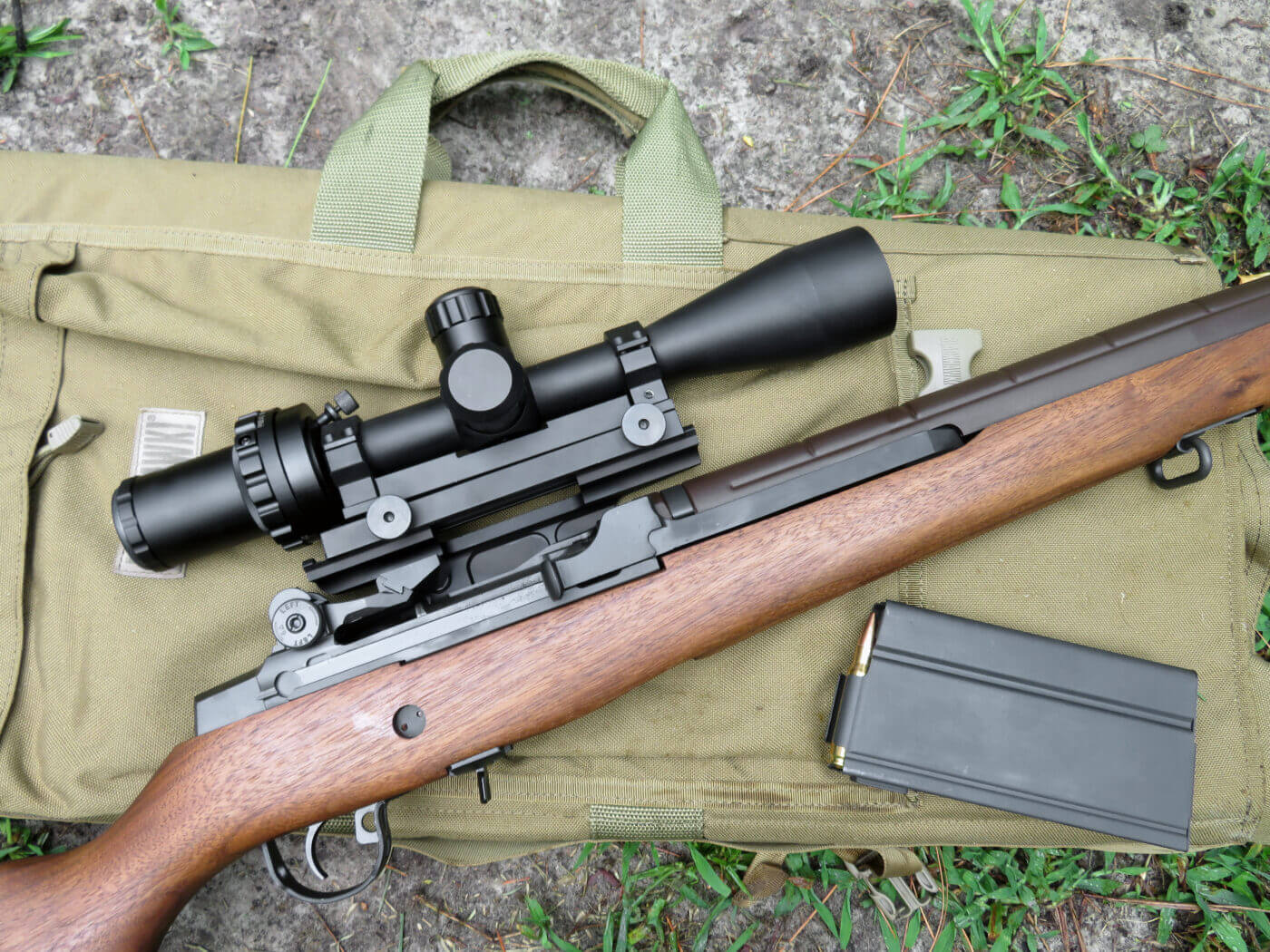
He was forced to withdraw from the area, but only after mortally wounding 11 enemy combatants.
A modern reproduction of the ART scope is produced by Hi-Lux Optics called the Leatherwood M-1000 2-10x44mm scope.
They also produce a 6-24X model.
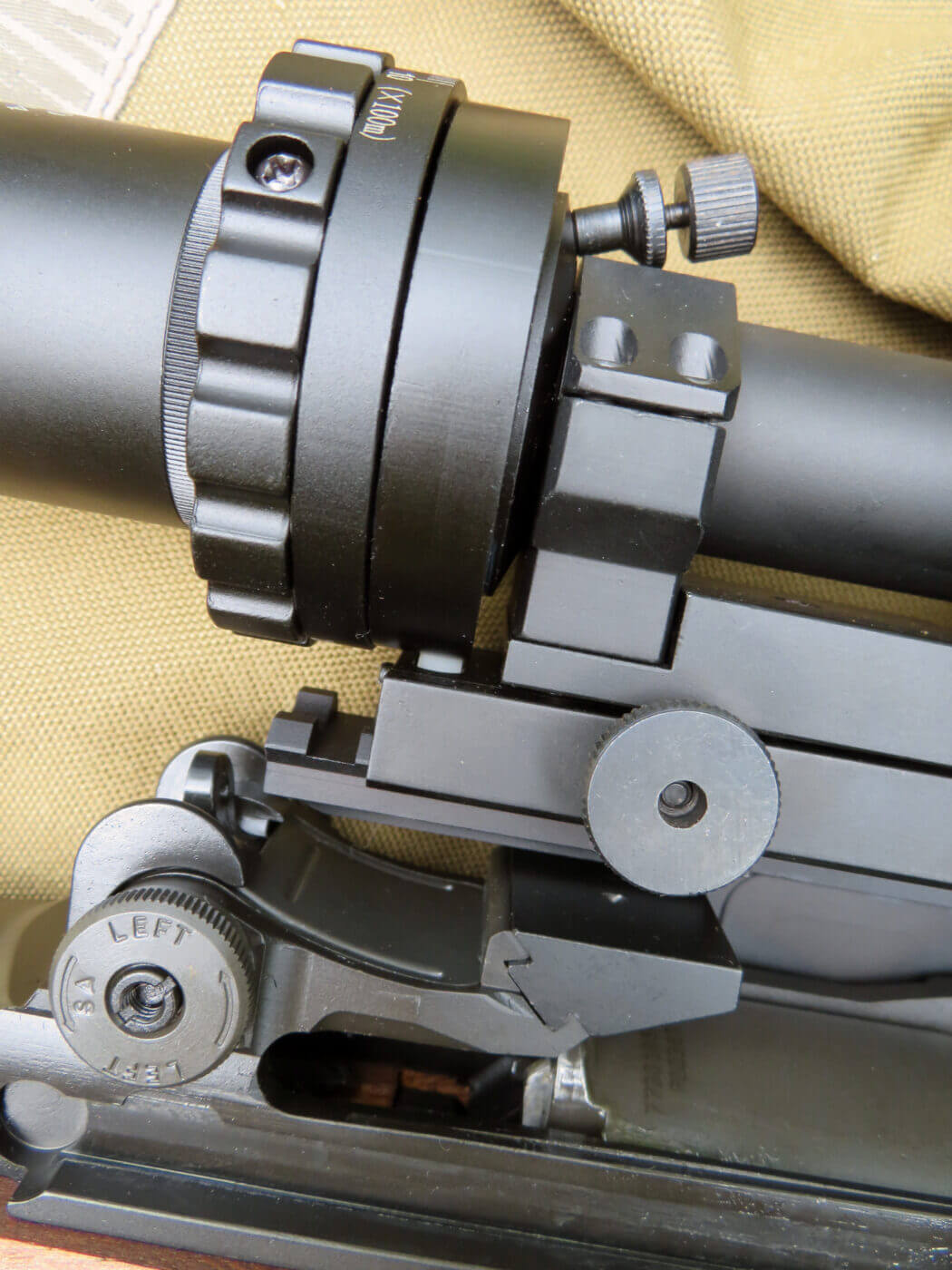
Both scopes use a Mil-Dot reticle that can range 18 or 1-meter targets.
This reticle is a more modern, than the original.
Remember the phrase: Frame, aim and shoot.
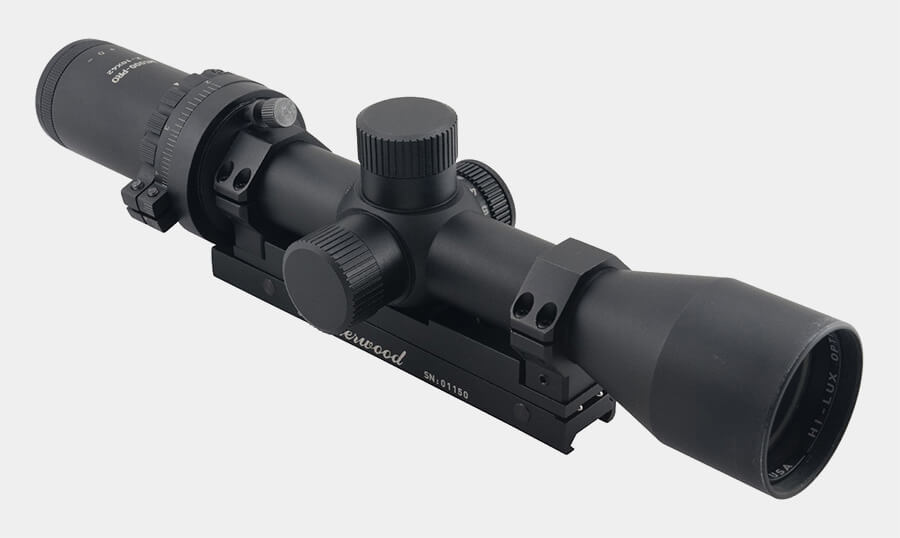
In practice the shooter uses the zoom dial to frame the reticles strata marks on the target.
As the shooter does this the ART automatically compensates for bullet trajectory.
The Hi-Lux compensates from 250 to 1,000 meters.

A new feature Hi-Lux baked into their version of the ART scope is multiple zero capability.
The new Leatherwood ART scopes can be calibrated for virtually any centerfire cartridge from .223 Rem.
When you use the side mount you will notice the scope is high.
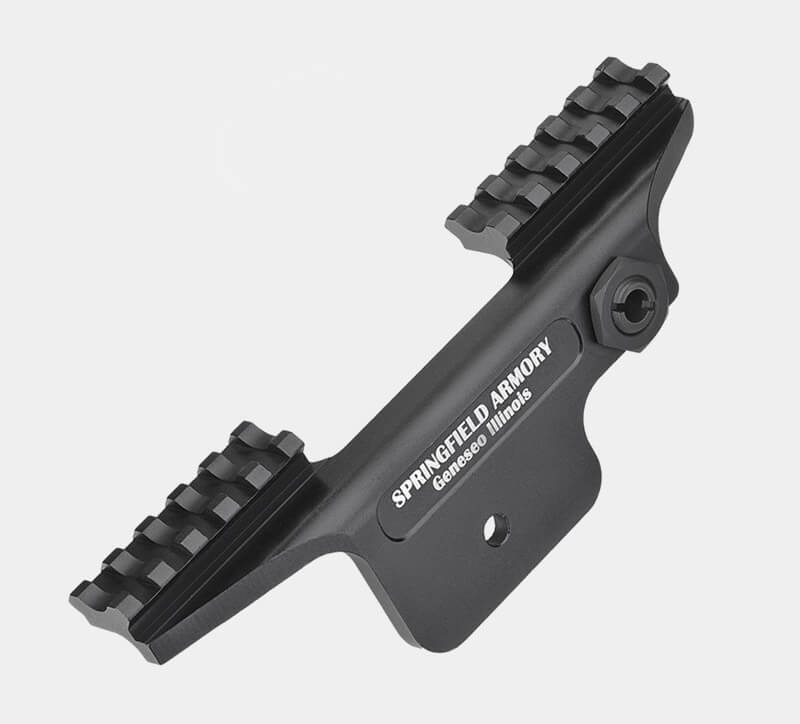
Of course, usability depends on the shooters body bang out.
Again, the rifle was not originally designed for use with optics.
I add a cheekpad to raise the comb of stock.
This provides me with a better cheekweld for a more steady aiming.




